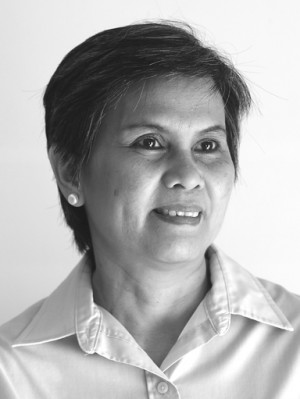
Atty. Gloria Estenzo-Ramos
Growing up in Guadalupe, a distinct memory was to lie on the ledge of the stairs in our home. I had a fantastic vista of the blue skies, white clouds which could take on as many forms that one’s imagination could bring one to see, and yes, lots of birds including “banog” (Cebuano for hawk), flying so gracefully while looking for their prey.
We can no longer see this bird, in our cities, and many other species of fauna and flora that were abundant in the past decades.
Same harrowing fact applies in our oceans. A paper released in July showed that “just 13% of the world’s oceans remain untouched by the damaging impacts of humanity”.
“More than half the world’s oceans are being fished by industrial vessels, new research reveals. . . commercial fishing covers a greater surface area than agriculture, and will raise fresh questions about the health of oceans and sustainability of trawler fishing.”
At the rate we are over-exploiting our fishing grounds, it is said that fisheries in Asia might just collapse by 2050.
We had mercilessly annihilated our wildlife, at least 60% of them, as a recent study showed. Growing population and increasing demands on the resources and their habitats have caused this “massacre” of biodiversity.
As Dr. Jane Goodall has asked, “How come the most intellectual creature to ever walk Earth is destroying its only home?”
Cristiana Pasca Palmer, executive director of the UN Convention on Biological Diversity, characterizes the massive loss of biodiversity as “a silent killer.” She adds that “It’s different from climate change, where people feel the impact in everyday life. With biodiversity, it is not so clear but by the time you feel what is happening, it may be too late.”
How can we hope to survive when the life support systems that we depend on are being destroyed by us?
We are walking the tightrope to our own extinction.
Mainstreaming protection and conservation of life’s support system is an urgent call for all to take seriously.
The Declaration of Interdependence that citizens led by David Suzuki wrote for the 1992 UN Earth Summit should be our mantra, portions of which read as follows:
“We now build a new politics of hope.
We respect and uphold the absolute need for clean air, water and soil.
We see that economic activities that benefit the few while shrinking the inheritance of many are wrong.
And since environmental degradation erodes biological capital forever, full ecological and social cost must enter all equations of development.
We are one brief generation in the long march of time; the future is not ours to erase.
So where knowledge is limited, we will remember all those who will walk after us, and err on the side of caution….
At this turning point in our relationship with Earth, we work for an evolution: from dominance to partnership; from fragmentation to connection; from insecurity, to interdependence.”